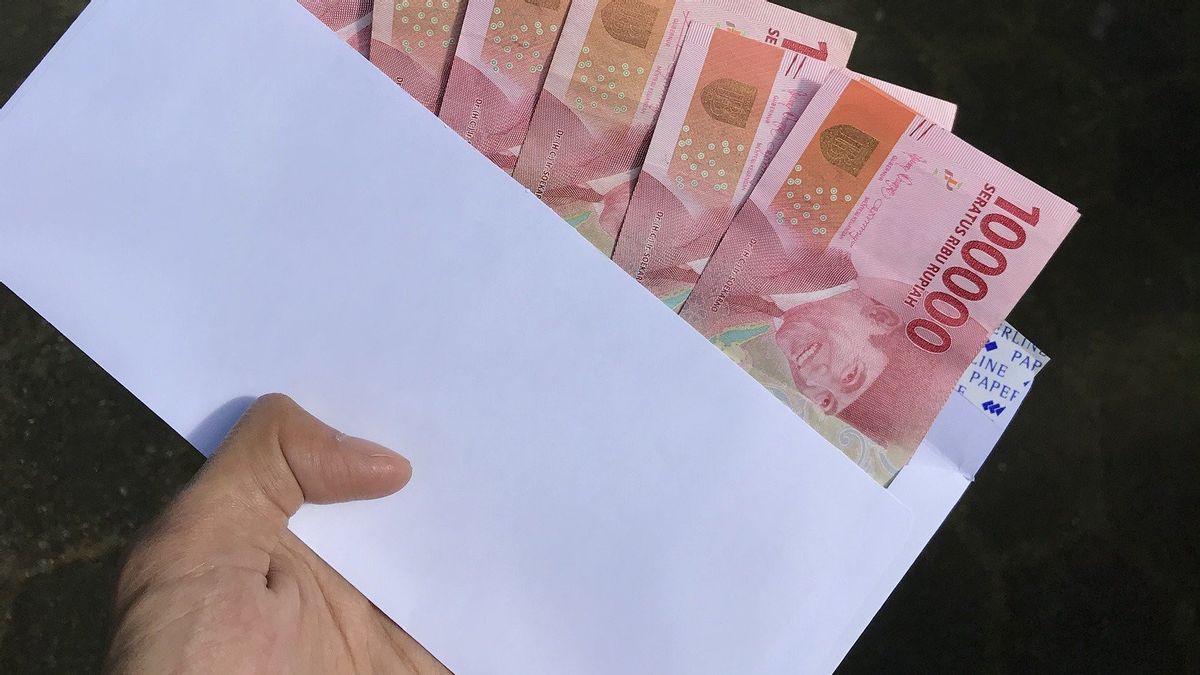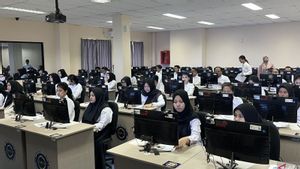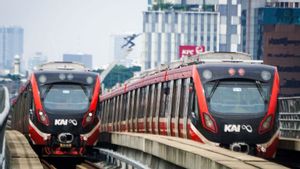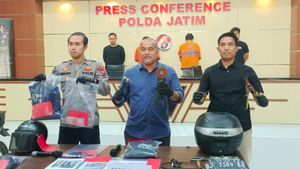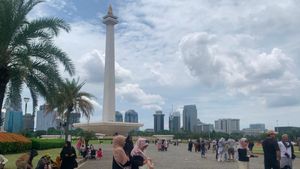JAKARTA - The police have found allegations of misappropriation of COVID-19 social assistance funds (bansos). Of the dozens of reported cases, most occurred in North Sumatra.
Karo Penmas, Public Relations Division of the National Police, Brigadier General Awi Setiyono, revealed that so far, as many as 55 reports have been received at a number of Polda in Indonesia. The report is now being investigated.
"The data we received was 55 cases in 12 regional police, namely North Sumatra 31 cases, Riau 5 cases, Banten, NTT, Central Sulawesi with 3 cases each, East Java, North Maluku, West Nusa Tenggara (NTB) 2 cases each and Kalimantan. Tengah, Riau Islands, West Sulawesi, West Sumatra have 1 case each, "Awi said in Jakarta, Tuesday, July 14.
Based on the results of an interim investigation, there were several motives used in the misappropriation of social assistance funds.
"First, the cutting of funds and unequal distribution, secondly, the cuts in funds were deliberately carried out by village officials with the aim of the principle of justice for those who do not accept this, it is known and approved by those who receive social assistance," Awi explained.
The third mode, he continued, is the nominal deduction of money on the grounds that compensation is taking care of distribution or tired money. Furthermore, there is a violation by reducing the balance of the food packages.
"Fifth, there is no transparency to the public regarding the distribution system and the funds received," Awi concluded.
On the previous occasion, Minister of Finance Sri Mulyani estimated that the government's social assistance had reached 50 to 60 percent of the lowest economic layers of society.
"Now with the expansion of social assistance including the Pre-Work Card, we estimate that the people who get government assistance can reach 60 percent," he said, in a virtual hearing (RDP) with Commission XI of the DPR, Thursday, April 30.
He explained, the additional budget of Rp110 trillion contained in this third stimulus package, consisting of Rp65 trillion for additional budgets for various social safety net programs. Then, IDR 25 trillion for basic needs and market operations, as well as an adjustment to the education budget of IDR 20 trillion.
Meanwhile, continued Sri Mulyani, for an additional budget for social security programs, including the family hope program of IDR 8.3 trillion; basic food cards Rp15.5 trillion; and IDR 10 trillion pre-employment card.
"Discounts on electricity rates Rp3.5 trillion; housing incentives Rp1.5 trillion, Jabodetabek food assistance and non-Jabodetabek cash assistance Rp.19.6 trillion; and other programs Rp.6.5 trillion," he said.
Then, the additional basic needs and market operations budget includes rice assistance worth IDR 10.5 trillion and other basic operating reserves of IDR 14.5 trillion.
According to Sri Mulyani, a budget of Rp.65 trillion for household support could cover 103 million individuals or 29.1 million families. This figure includes about the bottom 40 percent of Indonesia's population.
The Family Hope Program (PKH), he continued, almost reached the poorest 20 percent. Meanwhile, the basic food card recipients reach 35 percent of the poor. Then the discount on electricity rates reaches 50 percent of our lowest society.
Then, said Sri Mulyani, BLT village funds that were issued could cover 11 million recipient families and pre-employment cards of 5.6 million recipients, which is estimated to also cover up to 60 percent of the lowest group of people.
"If you look at the layers of social assistance, there are indeed two possibilities, but we are trying to provide social support to the affected communities," he explained.
The English, Chinese, Japanese, Arabic, and French versions are automatically generated by the AI. So there may still be inaccuracies in translating, please always see Indonesian as our main language. (system supported by DigitalSiber.id)
